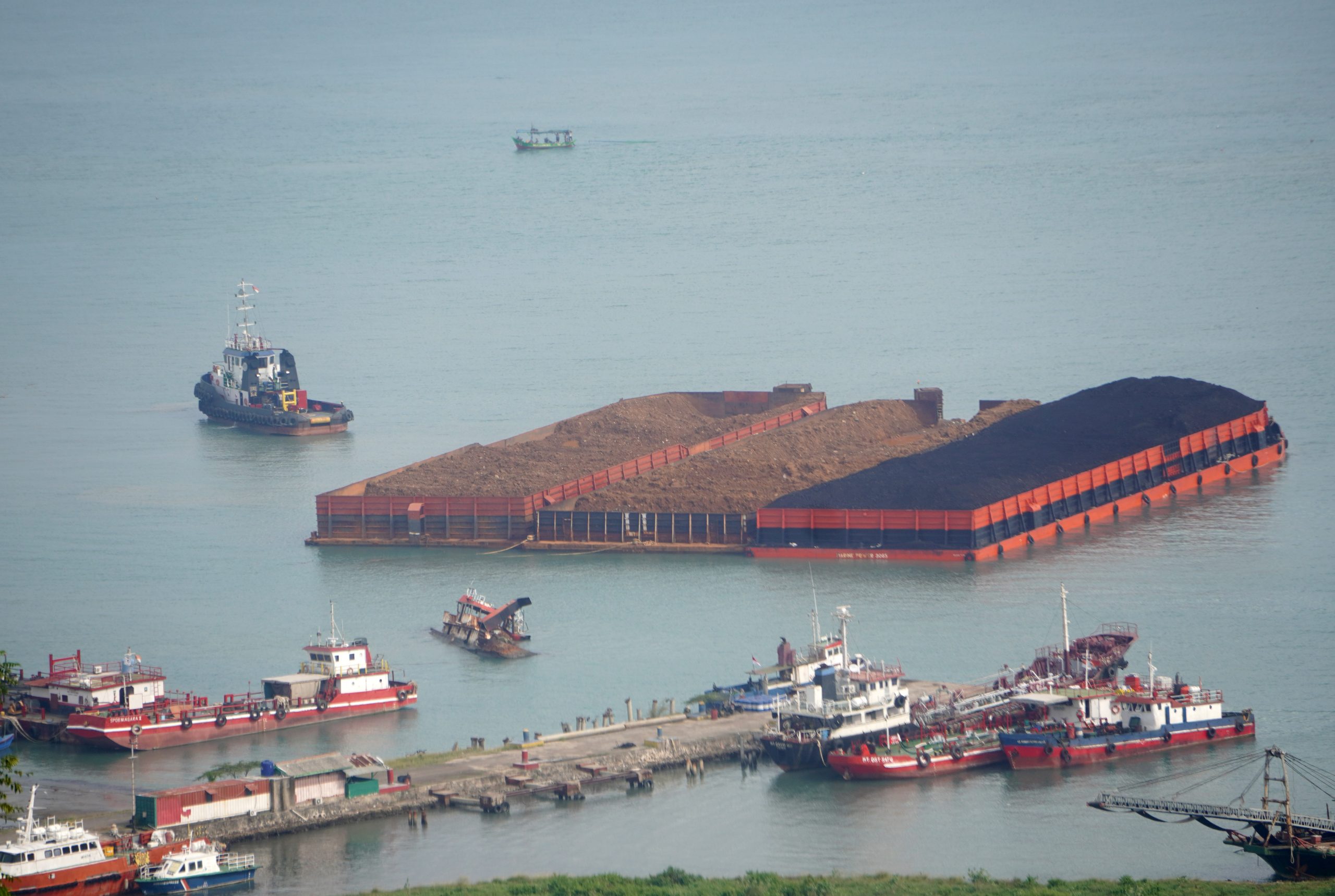- 20.03.2023
- Ecological justice
- Array
For immediate release
World Bank still “fuelling the fire” of climate chaos, campaigners say
- World Bank published new guidance on Friday, detailing how it will align its investments with the Paris Agreement;
- The Bank’s approach to aligning Development Policy Financing [1] only excludes support for coal, despite the IPCC’s AR6 Synthesis Report, published today [2], blaming climate change on the burning of all fossil fuels.
- Recourse says the World Bank’s refusal to stop funding fossil gas is “beyond belief” and calls on the Bank to prioritise finance for sustainable renewable energy.
Climate and human rights campaigners have condemned the World Bank’s plan for aligning its investments with the Paris Agreement, published over the weekend, as “fuelling the fire” of climate chaos and failing to shift finance away from fossil fuels. Recourse, an NGO which campaigns on the climate and human rights record of international finance institutions, says that the new guidance fails to align with the Paris goal of limiting global warming to 1.5oC.
This critique of the World Bank comes on the same day that the Intergovernmental Panel on Climate Change’s (IPCC) AR6 Synthesis Report calls for “transformational change” to limit global warming to 1.5oC and secure a “sustainable, equitable world”. [2]
Fran Witt, campaign manager at Recourse, said: “Sadly, the World Bank’s new guidance is far from transformational. Continuing to provide funding, guarantees and policy support for fossil fuels is simply fuelling the fire of the climate crisis.
“While there are some positive moves in this new guidance, it is beyond belief that the World Bank’s definition of ‘low carbon’ allows so much space for fossil gas expansion and dangerous false solutions like Carbon Capture and Storage. In light of the IPCC’s stark warning that we have one last chance to limit global warming to 1.5oC, this was an historic opportunity for the Bank, but these documents suggest that opportunity has been missed.”
Recourse says that the World Bank Paris Alignment Method for Development Policy Financing [1], does the “bare minimum” on fossil fuels. The new guidance commits the Bank to rule out support for “mining of thermal coal and peat and electricity production from coal and peat”, but still allows for support for fossil gas and oil investments.
The Bank has aligned its new strategy with the climate action plans of individual countries, known as Nationally Determined Contributions (NDCs). Recourse points to a recent UN report [3] which shows that these NDCs are collectively setting the world on a path to 2.4-2.6oC, well above the Paris Agreement goal of 1.5oC.
Recourse welcomed the Bank’s commitment to assess prior actions for policy lending as part of their Paris alignment process, but highlighted that some will be considered Paris-aligned even if they result in a large increase in greenhouse gas emissions. The organisation also said the World Bank’s new guidance lacked teeth and left open too many loopholes that would allow the Bank to keep supporting oil and gas development.
Recourse has just published a new methodology [4] for how, instead of supporting more fossil fuels, the World Bank should be financing a just transition to sustainable renewable economies.
Mark Moreno Pascual, renewable energy campaigner at Recourse, said: “The IPCC has been crystal clear that the pathway to 1.5°C lies in the rapid expansion of sustainable energy access, particularly projects and technologies that do no harm to communities and increase energy access. The World Bank’s Paris alignment guidance cannot be further from hitting the 1.5°C target. It makes no sense to close the door on coal, but leave the windows wide open for other fossil fuels to be financed. There can be no room for delay or ambiguity, and the Bank must help to catalyse a just transition to renewables to limit global warming to 1.5°C.”
Campaigners from Indus Consortium (Pakistan), and the Philippine Movement for Climate Justice, organisations who work closely with Recourse, also called on the Bank to do more.
Fiza Qureshi, programme manager at Indus Consortium in Pakistan, said: “Fossil gas is not Paris aligned – it is bad for the climate, bad for human rights, and bad for the environment. The World Bank should use public funds to support equitable access to green energy which will improve the lives of women, men, and children who are currently suffering the impacts of catastrophic climate change.”
Ian Rivera, National Coordinator of the Philippine Movement for Climate Justice, said: “While we laud any attempts to end coal power, climate-vulnerable communities wanted the World Bank to go further by excluding all financing of climate-busting projects, including oil and fossil gas. This will keep the rise in global temperatures below 1.5oC and ensure the survival of vulnerable communities already suffering from these climate impacts.”
ENDS
NOTES
[1] World Bank. (17 March 2023). World Bank Paris Alignment Method for Development Policy Financing: https://documents1.worldbank.org/curated/en/099704503162315996/pdf/IDU0e3b4f7df040b204cee0865e05dc7f1fe687d.pdf.
[2] IPCC. (20 March 2023). Urgent climate action can secure a liveable future for all: https://www.ipcc.ch/site/assets/uploads/2023/03/IPCC_AR6_SYR_PressRelease_en.pdf.
[3] UNEP. (2022). Emissions Gap Report 2022: https://www.unep.org/resources/emissions-gap-report-2022.
[4] Recourse. (20 March 2023). Harnessing Public Finance Potential to Create Renewable Energy Economies: Methodology to assess World Bank Group progress in supporting the transition to sustainable, renewable economies: https://re-course.org/newsupdates/world-bank-align-investments-with-paris-support-re-economies/.
Media contact
For press inquiries / interview requests / further info please contact: Daniel Willis, Recourse, +447595054391 (Phone/Whatsapp/Signal)

